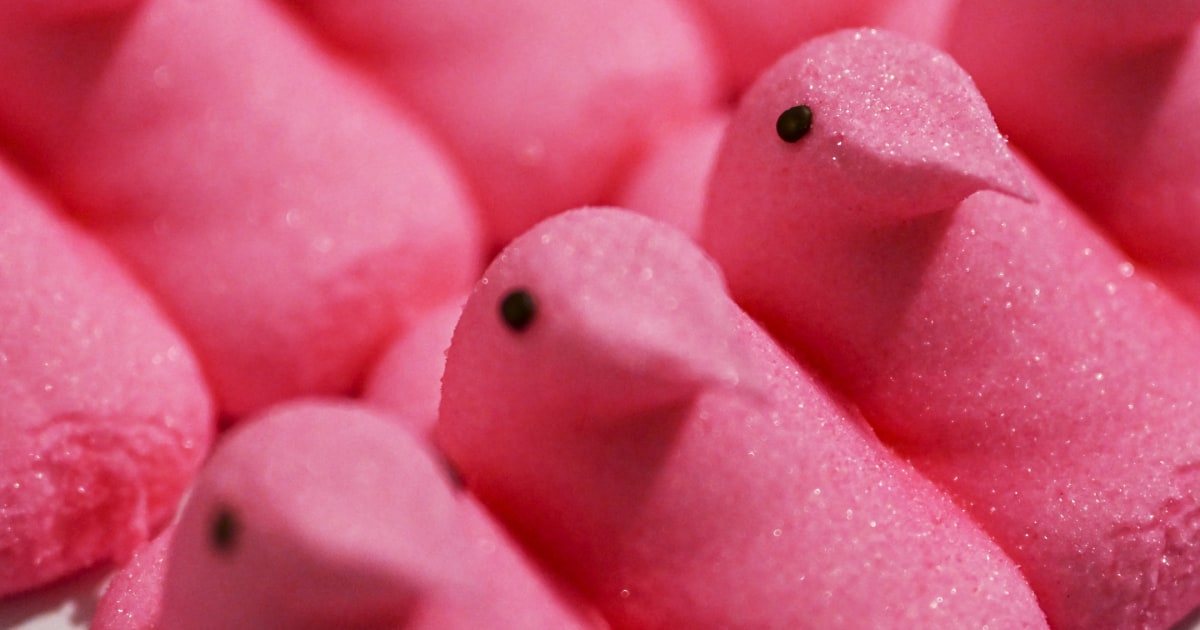The food and drink additives, which have been linked to health issues, could be removed from products nationwide as a result of the new law.
California Gov. Gavin Newsom has signed a bill that bans four food additives linked to health problems, the first time a state has outlawed chemicals allowed by the Food and Drug Administration.
Starting in 2027, California will prohibit red dye No. 3, potassium bromate, brominated vegetable oil and propylparaben after Newsom, a Democrat, signed Assembly Bill 418 into law Saturday. All four ingredients have been made illegal in the European Union and some other parts of the world, but they can be found in commonly sold items in the U.S., such as some brands of orange soda, icing, hamburger rolls, candies and processed foods.
The chemicals have been associated with issues from hyperactivity in children to cancer.



That reminds me - are there viable alternatives to each of these?
I don’t know about the rest, but red dye there is, and one of those includes just not using it. Dye is a marketing tool that isn’t necessary for the product.
Red Dye #3 is not commonly used in the United States anymore. Instead, Red Dye #40 is used and works just fine as a safe replacement.
Brominated Vegetable Oil is used to emulsify flavor oils into water and is commonly used in citrus soft drinks. Sucrose Acetate Isobutyrate and Glycerol Ester of Wood Rosin are both be used for the same purpose.
Potassium Bromide is added to flour to strengthen dough, allowing for a greater rise during baking. It appears that Ascorbic Acid (vitamin C) can replace much of its use.
Propylparaben is an antifungal preservative that is used in packaged baked goods to prevent mold. There are other preservatives that can be used, but it sounds like parabens are the most effective for preserving non-acidic foods. I assume that propylparaben will be replaced by some other paraben.